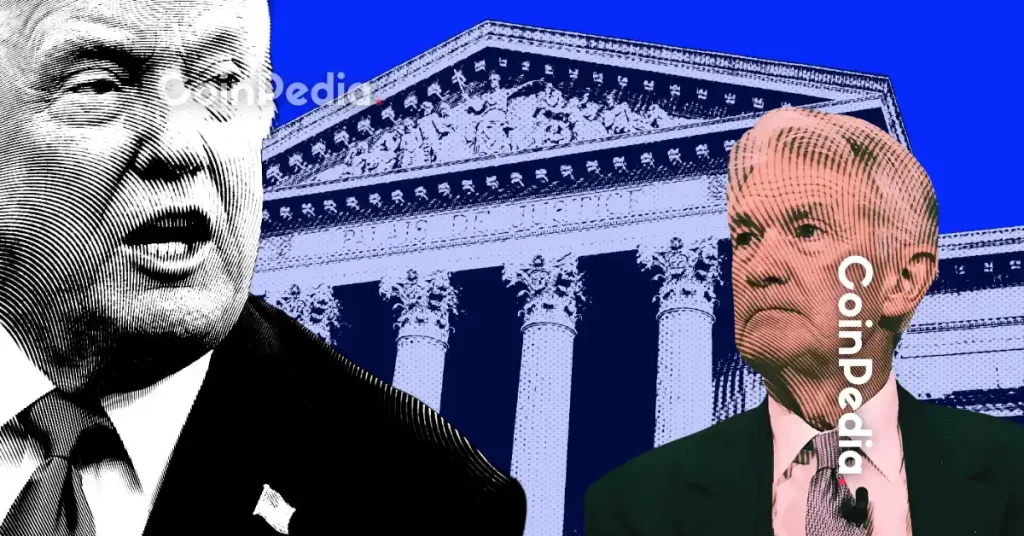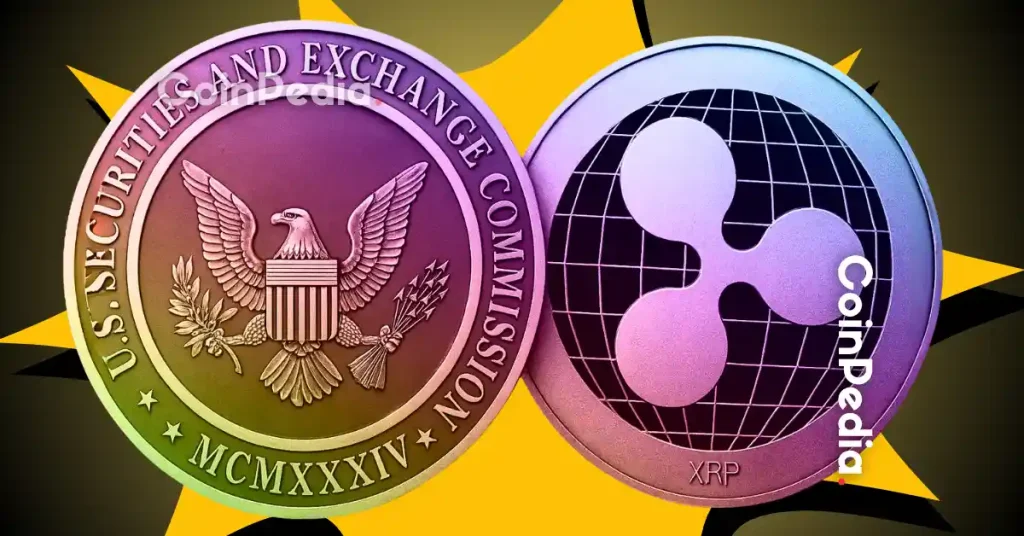
The post Crypto Gets Relief as Fed Ends Extra Oversight and Eases Banking Rules; Experts React appeared first on Coinpedia Fintech News
The Fed is lately softening its stance on digital assets, changing how banks can work with crypto and new tech.
On Friday, the Federal Reserve announced that it is ending its special supervision program for “novel activities” such as crypto and fintech services offered by banks.
Fed Moves Banks’ Crypto Review Back to Normal Oversight
Launched in 2023, the program was designed to help the Fed better understand emerging financial technologies, their risks, and how banks manage those risks.
After two years, the Fed says that it has gained the insights it needs, and it will now handle these activities through its regular bank supervision. It will also rescind its 2023 supervisory letter that launched the program.
Crypto Backers Praise Fed’s Move
Senator Cynthia Lummis called the Fed’s decision a major win against “Operation Chokepoint 2.0.”
Operation Chokepoint 2.0 refers to the efforts made by regulators to restrict crypto firms’ access to banking services, effectively debanking them. Critics argue that it is unfair and hurts innovation, while others call for investigations to ensure fair treatment for digital asset businesses.
“There’s still more to do, but this is real progress toward a level playing field for crypto,” she said
Michael Saylor also jumped in to comment and said that the path is now clear for Bitcoin and banking. Journalist Eleanor Terrett notes that the Fed’s program had fueled Operation Chokepoint 2.0. While some anti-crypto guidance from the Biden era remains, she said this is another key step forward.
Federal Agencies Ease Crypto Rules and Oversight
This move is part of a broader policy shift under the Trump administration, where federal agencies are adopting a more open stance toward digital assets.
In April, the Federal Reserve, along with other U.S. banking regulators, dropped its previous crypto and dollar token guidance for banks. Banks no longer need to notify the Fed before engaging in these activities, and the Fed will monitor them through normal supervision.
Further in June, the Federal Reserve moved to remove “reputational risk” from bank oversight, which the crypto industry had long argued was used to unfairly target and shut out crypto firms.
President Trump has also signed an order to stop debanking, making it clear that banks cannot cut off customers because of their politics, religion, or legal business activities.
These moves show that the U.S. is clearly embracing crypto, with the Fed easing bank rules and initiatives like the Genius Act and Project Crypto helping bring digital assets into the mainstream.

 1 hour ago
8
1 hour ago
8














 English (US) ·
English (US) ·